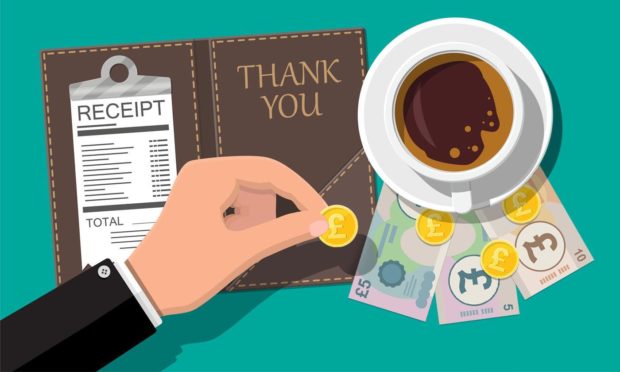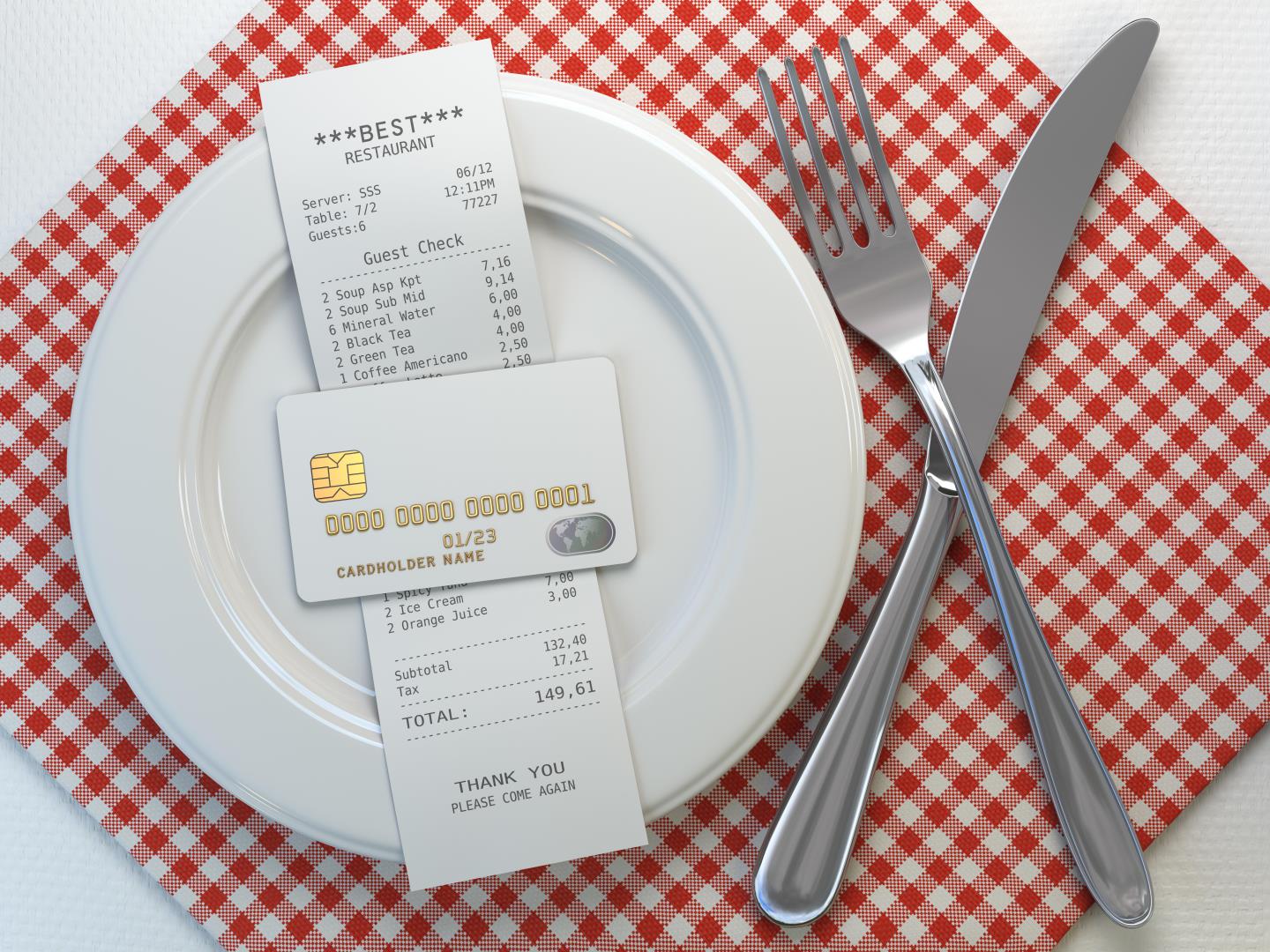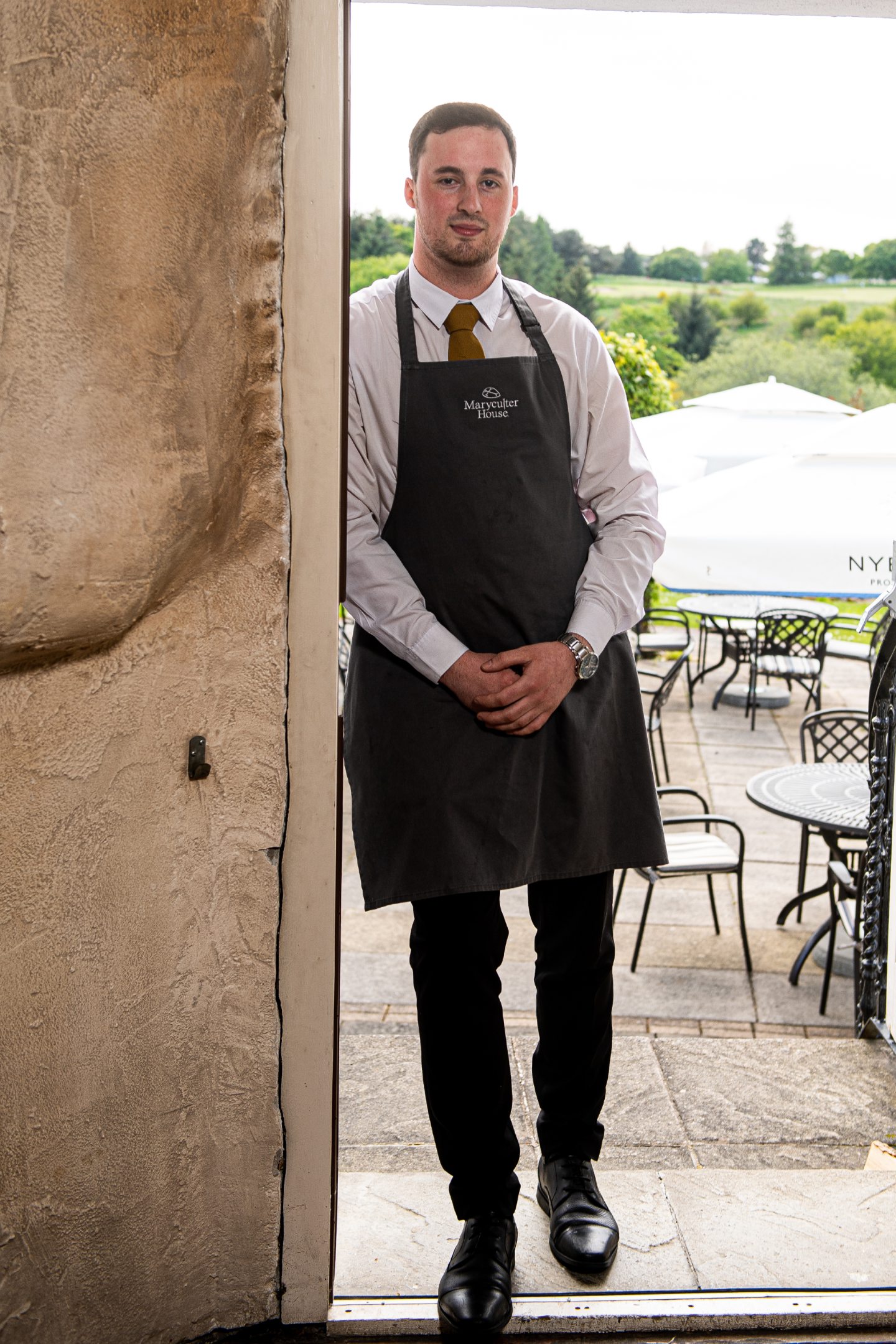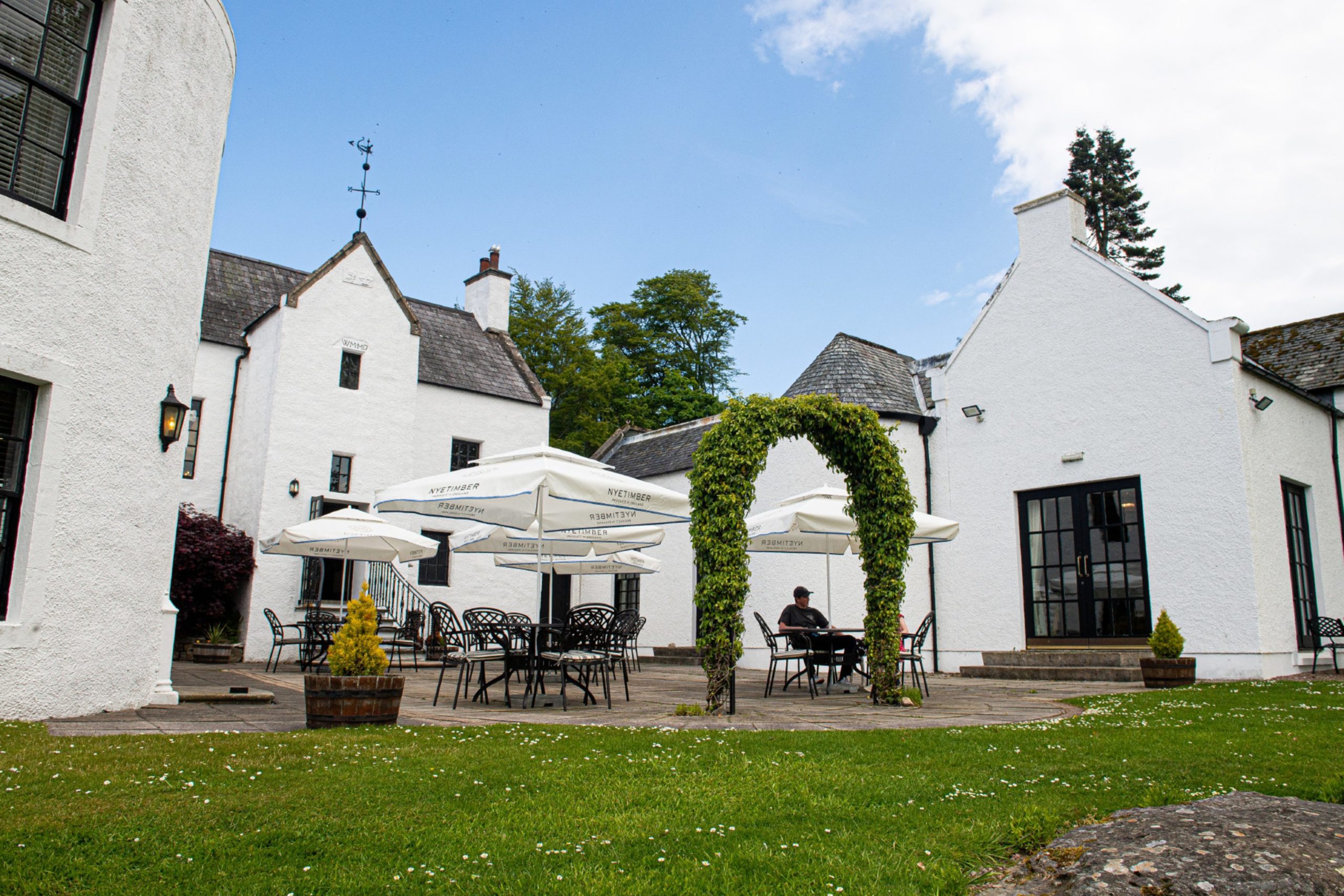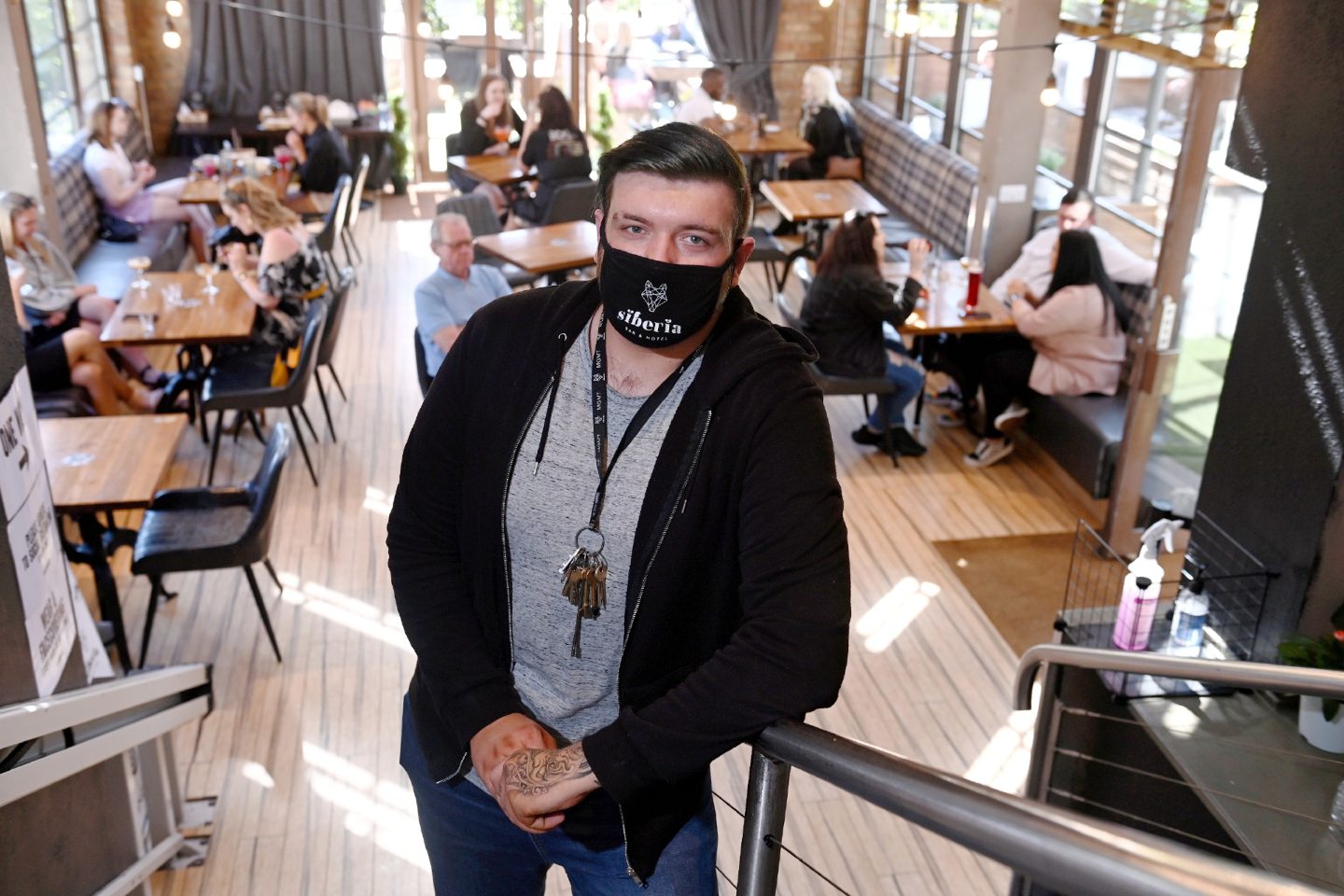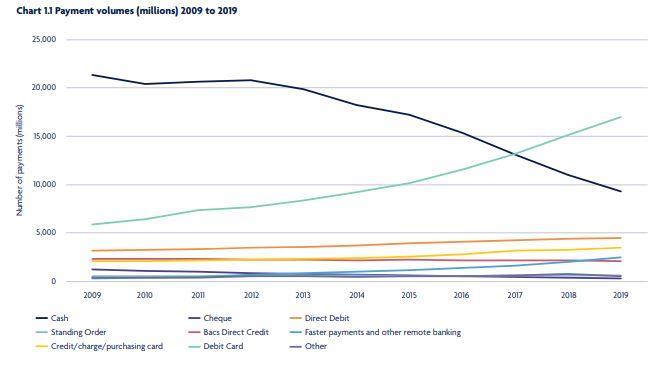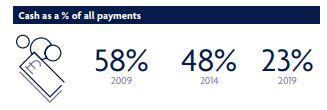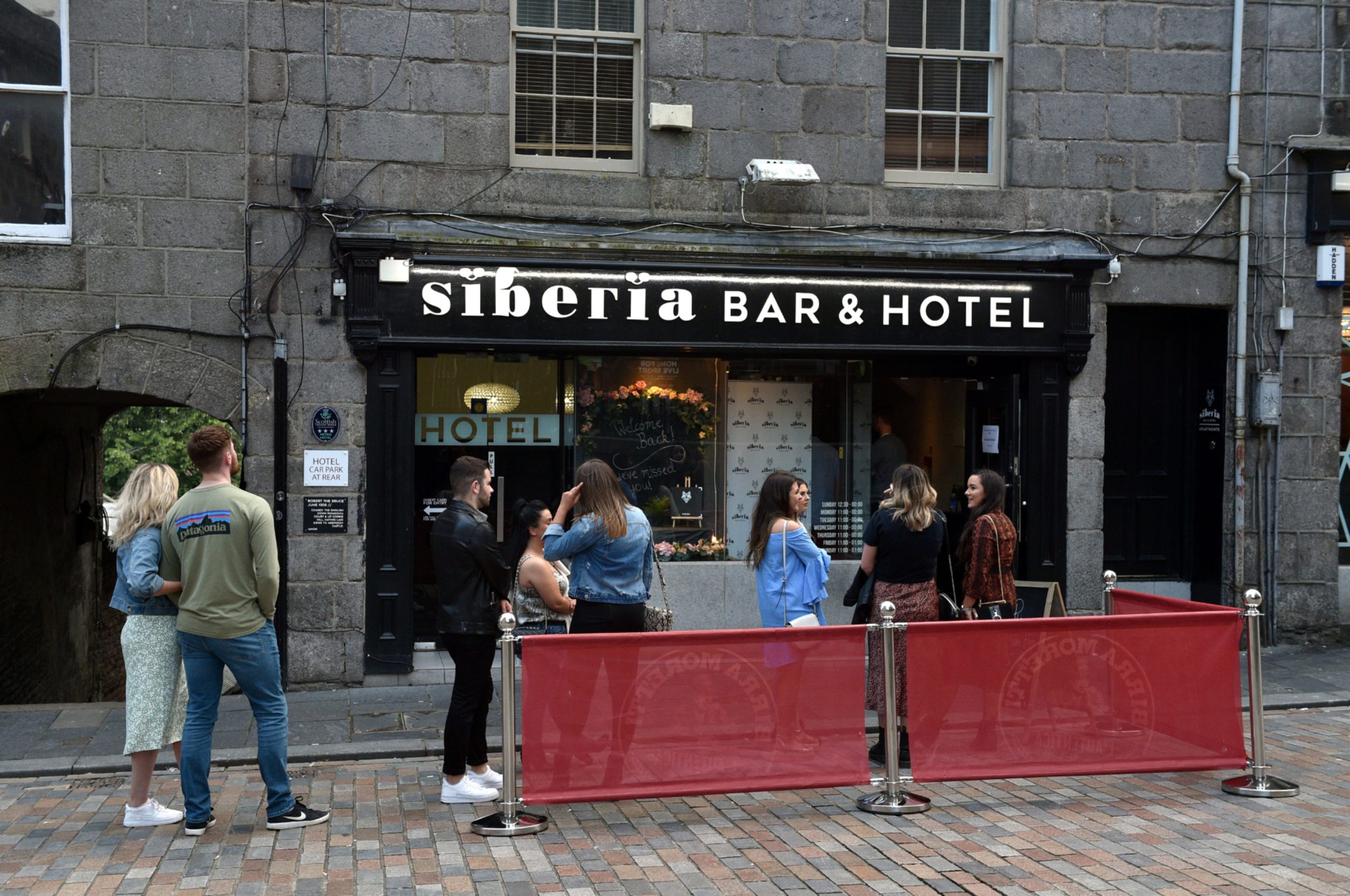While tipping isn’t compulsory in Scotland, is it the right thing to do? Julia Bryce speaks to local hospitality workers and managers to get their take.
Service charges are not mandatory and when it comes to leaving a gratuity in a restaurant, pub, cafe or bar, it is very much at the customer’s discretion.
However, with the hospitality sector having been badly affected by the pandemic, the conversation around tipping staff and where these tips end up has been a hot topic of late.
New research by the UK hospitality app, OrderPay, has revealed findings from a poll carried out by Censuswide in April 2021, that people living in Scotland would tip £5.60 each time they visit a hospitality venue.
With the average yearly wage of a bar staff member in a pub at around £19,000 according to Totaljobs, it is easy to see how tips can play a large part in topping up wages.
In the USA, workers’ hourly wages are traditionally much lower, with their tipping culture their main source of income.
But when it comes to tipping in the UK, do we need to educate ourselves more on where tips are going when we hand over our hard earned cash?
With the main reasons behind tipping including helping staff earn more money (67%) and keeping the venue afloat (51%) according to OrderPay’s findings, other “tippers” suggest knowing the staff members were supporting family (16%), saving for college (11%) or rent (8%) would also encourage them to leave a tip.
And with 73% of people from Scotland planning to to visit these venues, that is a lot of £5.60 tips.
Dividing up tips
Peter Walker, managing director of Maryculter House, in Kirkton of Maryculter, Aberdeenshire, gathers the staff’s tips together over a six-month period to ensure everyone in the hotel is rewarded, be that front of house, the kitchen or the gardeners.
He said: “All of the tips get pulled into a pot and in a spreadsheet we have a list of every employee, their hours worked, the weeks they have worked, and divide that total number of hours with the money in the tip pot. This is divided up every six months in January and July.
“If you are a full-time member of staff and you have worked 40 hours a week for 52 weeks then you will get more in comparison to those who work part-time, but everyone gets a share which is equivalent to the hours they have worked. Everyone is included, from kitchen porters to house keeping and receptionists. I don’t take tips.
“I think the staff here look forward to when they get their tips as they know they are getting a bit extra those months.”
Savvy diners
With customers now more savvy in understanding where tips are going and who is getting them, Peter and his staff are always upfront and honest about the operation.
“In terms of the culture around tipping, people are more aware of where the tips are going and are asking to tip on card machines. We will still take cash tips and any tips are added to the bill when putting through the till so it is all above board, and then accounts will pick up on it,” said Peter.
“I’m uncomfortable with service charges as I think people should leave gratuities at their own discretion. I would feel sore as a customer with an added service charge. People don’t realise that you don’t have to pay the service charge added. I personally always make sure I have cash for a tip for staff.
“I remember being in London and handing over a £10 note for one beer and I got 50p change. I looked at the receipt and there was a £1.50 service charge just for handing over a beer.”
And Micheil Cordiner, 26, who is a food and beverage assistant currently training to be the restaurant supervisor at the venue, said he prefers getting his tips twice a year as it is something to look forward to.
He said: “For a lot of the staff we don’t really rely on our tips for bills or anything like that. It is more of a bonus and incentive scheme. It is paid out every six months and we’d use it to put towards a weekend away or something.
“The more tips we get the bigger the collective pot is and the bigger cut we each get. I don’t think we are taxed on them which is great.
“When I am out I will always tip. Working in the industry you know what it is like, but in terms of adding tips onto bills, I don’t think that should be done. It should be based on the customers’ experience and they should be able to freely give a tip if they wish.
“We don’t put any service charges on bills – it is just as and when the customer sees fit. It is based on the level of service they have had and it should be up to them if they would like to tip.
“Our car readers are set up to implement tips. We’d never ask the customer if they wanted to tip, that is up to them.”
Generosity
Gary Mackie, who is a duty manager at Siberia Bar and Hotel in Aberdeen, has noticed customers are more generous in tipping since the venue reopened to coincide with the easing of restrictions.
He said: “Pre-Covid-19 the staffs tips were their own. If a staff member on the bar was serving a customer, it would have went to them. If it was floor staff looking after customers ordering food from tables, then the tips would be collected and would be split between all of the staff working up until the kitchen closed.
“After Covid-19, with everything being table service, we pull all of the tips together and split it between all the staff working that day. Everyone gets an equal cut. We used to try and use an algorithm that would figure out the percentage of tips per hours worked, but there wasn’t much in it so we decided this was easier.
“The general manager and directors are all on salaries so they don’t take any tips, but everyone else who is paid by the hour are part of the tips pool. Kitchen are usually paid more than bar staff across the board in hospitality – they are usually on a higher hourly rate, but if there’s a particularly busy day or the kitchen has smashed it we cut the kitchen into the tips, too. We didn’t do that before Covid-19.”
Cash or card?
The appetite for card transactions is continually increasing with 17 billion payments made in 2019 alone according to a report by UK Finance, Gary says customers still want to tip in cash and have continued to do so, despite cash payments falling to 23% of all payments in 2019.
He added: “We have found that tips have increased and they are still primarily in cash. We’ve found a lot more people are asking if they can tip by card but as a company we don’t do that.
“We’re getting more tips now than we did pre-coronavirus. I think it is great as people are recognising that the hospitality sector has been hard hit. If someone doesn’t have cash they are very apologetic.
“I think before, tipping wasn’t really something the UK really did, unless it was a nice meal, but now everyone is in the mind frame that the industry has been hard hit and it is really nice.
“At Siberia we have students, full-time members of staff, some who are working a second job so there’s a big mix. We are quite fortunate in the UK that most people don’t rely on tips to live. There’s some people who will save them up for a month and spend them on a night out, or maybe they’ll buy a new outfit. Everyone uses them differently. I save mine up when I can.
“I would be against a standard service charge. In America they get paid a low hourly rate so their culture is more focused on tips. That’s not the case in the UK. Tips in the UK are more a reflection of our service style rather than them paying us to work.
“When we get tips it is more of a morale boost. I feel if there was a service charge it wouldn’t feel like you had earned it. You’d have to change prices on the menu and that sort of thing as companies would have to work that charge in.”
Speaking from experience
Lisa Mitchell, who worked in the hospitality for 10 years in Aberdeen before securing a job outwith the industry a few months back, says the tipping culture varies from venue to venue.
“The topic of tips was always a funny one as it was always dependant on where you worked,” said Lisa.
“My first full-time hospitality job was in a hotel where we were told that any tips we made were to be given to management to later be divided across all staff who were working. They would then be added onto our pay at month end.
“I always noted the hours I worked so I knew what I should have been getting and I am not convinced that I received any of those tips. We were told that some of it would also be money towards the venue, which I never understood as surely tipping is based on the service you receive, not the venue you dine/drink in?
“Another place I worked, you kept your own tips, with an option to share a percentage with bar/kitchen. As someone who worked both bar/floor, I knew how frustrating it was when servers didn’t share and were talking about how much they had made in a night, so I would always share when I was on the floor.
“I have also worked in places where tips were put into a jar and divided up by staff at the end of the night. I didn’t agree with this as sometimes there were staff who put in a lot more effort to earn tips and built up repertoire with customers.”
And the former hospitality worker says although tips are a welcome bonus of the job, the industry still primarily pays minimum wage and is a very challenging environment at times.
She added: “Quite often tips would be added on to card payments, which was always frustrating as you had to wait to get those and often you got taxed on them.
“Personally I preferred having my own tips, as a lot of the time I knew that the tip was left because of the service.
“Tips for me (as well as a lot of others) were what I would use to buy my shopping, go for a drink or do things in my off time. I tried to keep my pay check in my bank to cover bills and necessities as well as save a bit. I would hardly ever use my bank card as I could work my butt off and make good tips so I didn’t have to.
“The pay in hospitality is still minimum wage, even though many forget how taxing the job really is. You are on your feet for hours on end, running about after people who can be rude to you or be thankless towards you.”
Pressure to tip?
But is there a pressure for diners to be tipping hospitality workers more often than not? With more people heading out to further support hospitality as we continue to come out of lockdown, should there be an unwritten rule of leaving 10% as a tip to help these workers who have been out of work and on furlough for months on end?
Lisa said: “I think it is a bit of an unwritten rule to leave 10% as a tip. I would never go out to eat and not leave at least 10%. I can understand if the service is really poor, but it is just rude to not leave one in my opinion.
“To me, 10% is not a huge sum to add to your bill to thank the server who has looked after you all night, and quite often hasn’t eaten much or hasn’t even been able to stop for a glass of water for hours! The hours are also rubbish and anti social as well as long and tiring.
“I can understand that diners may feel pressure to tip – there isn’t pressure, it’s just the right thing to do if you have enjoyed your evening and someone has looked after you well. I always found it a little morale boost if I was having a rubbish day at work, or a customer had made me cry or something. It’s those little things that make the job worth it to be honest, as it definitely isn’t for everyone.”
